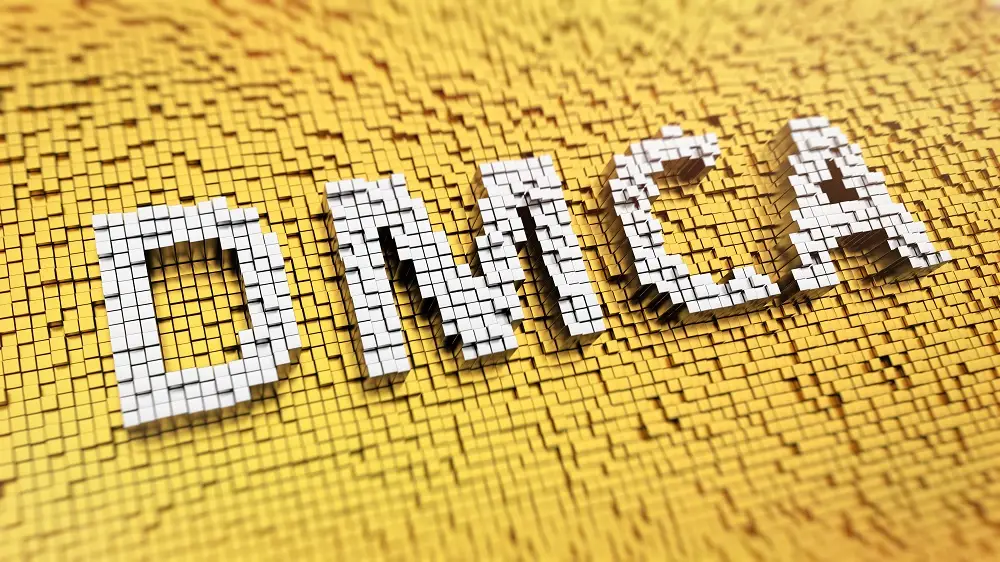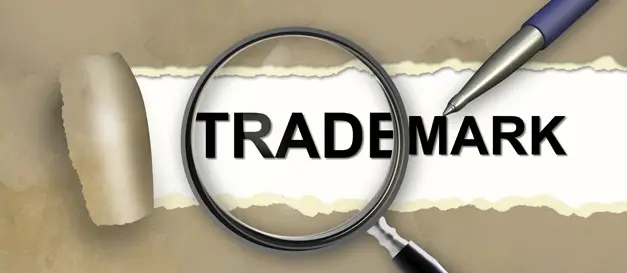Changes Needed to the DMCA to Help Amazon Sellers
Rob and CJ’s Suggestions to Congress

Amending the DMCA, specifically regarding its application in the e-commerce context will ultimately assist in combating copyright bullying and providing the fairest environment for e-commerce to take place.
The DMCA was enacted with the goal of simplifying copyright law in the digital age. However, the DMCA was enacted in 1998, and obviously failed to anticipate the growth and needs of the ever-changing e-commerce market.
The current state of the law allows and essentially encourages power houses like Amazon to shield themselves from copyright liability at the expense of the sellers who generated over $131 billion of Amazon’s annual revenue in 2015.
Trademark and Copyright Bullying

Copyright and Trademark bullying is “the vexatious practice of a trademark [or here, a copyright] owner that uses its trademark [or copyright] rights to harass and intimidate another business beyond what the law might be reasonably interpreted to allow.”
Copyright bullying results in lost profits for sellers on the Amazon platform every time a baseless complaint is made. The only recourse for suspended Amazon sellers is either submitting Plans of Action or writing to Notice-Dispute@amazon.com or take Amazon to arbitration under the Terms of Service.
Submitting Plans of Action and other submission to Amazon leaves the decision making up to Amazon. Arbitration takes the decision out of Amazon’s hands and will be the subject of another article.
What is an “Expeditious” Handling of a Rights Owner Complaint

Courts across the country have had trouble agreeing on what the “expeditious” requirement of section 512 actually means.
- Angel Gonzalez, Third Party Sellers giving Amazon a Huge Boost The Seattle Times, (May 31, 2016) http://www.seattletimes.com/business/amazon/amazon-to-host-forum-for-its-marketplace-merchants/.
- Roxana Sullivan & Luke Curran, Trademark Bullying: Defending Your Brand or Vexatious Business Tactics? IP Watchdog (July 16, 2015), http://www.ipwatchdog.com/2015/07/16/trademark-bullying-defending-your-brand-or-vexatious-business-tactics/id=59155/.
In order to allow e-commerce platforms the time to evaluate the substance of an infringement claim, the DMCA should be amended to apply either a set time limit or compel major platforms to have their legal department perform and document a meaningful evaluation.
With regard to a time limit, the platform should be given 2-5 days to investigate the claim. Within that time, the true owner of the intellectual property rights can easily be identified and a thorough review of the product and complaint performed.
Within minutes, any lawyer with any training in intellectual property law can identify clearly baseless complaints. For example, there is clearly no violation of any intellectual property law if an Amazon seller is selling genuine products on a pre-existing listing.
For an analysis of more complex issues, a balancing test to determine whether a platform worked expeditiously enough, based on the facts and circumstances of each individual case. This way, when a baseless complaint is discovered, platforms like Amazon will not feel compelled to remove a seller for potential infringement before they ever conduct an investigation.
Change the DMCA to Include Factors for Analysis
The DMCA should also outline how courts should consider the facts surrounding the nature of the notification. “The Senate and House reports both acknowledged that different factual circumstances may merit different response times by service providers.” The DMCA should require service providers to consider several factors when deciding when taking action is necessary, including: (1) the context in which the complaint was made; (2) the effect of immediate removal will have on all parties involved; (3) whether the service provider needed to consult an attorney; (4) whether the service provider had prior knowledge or reason to know of the infringement; and (5) the adequacy of the notification.
This system will account for the ambiguities among the circuit courts in determining whether a service provider’s response meets the “expeditious” requirement of §512. In addition, the context and outcome considerations in prongs (1) and (2) will allow e-commerce platforms reasonable time to assess the validity of complaints without fear of losing access to the safe harbor provisions for liability.
Compel the Use of Content Recognition Software
Another way to improve the DMCA as it stands today would be to require Amazon and other e-commerce platforms to implement state of the art Content Recognition software. Content recognition and digital fingerprinting software exists to help identify copyrighted material that appears on the internet.
- See generally S. Rep. No. 105-190 (1998).
- Brad Stone & Miguel Helft, Software Could Protect Against Online Media Piracy The Tech Online (February 20, 2010),
Penalties for Non-Compliance

The DMCA would better serve Amazon Sellers if it provided stricter adherence requirements as well harsher penalties for non-compliance. Notice should be required to satisfy each element of §512(c)(3) in the e-commerce context in order to comply with the amended DMCA. The “substantial compliance” provision (which allows complaints with limited information to stand) should no longer apply here. The law should require that service providers implement some sort of “gate-keeper” so to speak to assess the validity of notice of copyright infringement prior to takedown by removing a seller’s privileges, and finally, e-commerce platforms should be required to permanently suspend any user who is found to knowingly submit baseless notice for a copyright complaint without the opportunity to appeal.
Fines for People and Companies for Making Baseless Complaints

In addition to the penalty of perjury for falsifying an infringement notification, the DMCA should add harsh fines for those found to be involved in copyright bullying. As discussed above, e-commerce IP bullying can result in substantial loss of income for sellers on these platforms. The DMCA should require that any party who knowingly makes a false copyright infringement claim against another shall be responsible for the entirety of the financial consequences surrounding the situation. For example, if an intellectual property bully is found to have “hijacked” another seller’s listing on the Amazon platform, they would be required to pay that party for lost profits, and attorney’s fees incurred as a result of their suspension and battle for reinstatement.
Without a doubt, e-commerce has changed the way the world looks at the retail industry. However, the DMCA and copyright law clearly have struggled to keep up with the constantly evolving market in a way that sufficiently prevents abuse of the law. The injustices that occur on the Amazon platform can be avoided across all e-commerce platforms without any undue burden on service providers.
Not only would the suggestions above allow platforms like Amazon to assess the validity of complaints before suspending a seller’s account, but they would encourage it. Simultaneously, the harsh financial penalties also will likely deter baseless complaints. The spirit of capitalism has always encouraged free enterprise and fair trade, and that ideal should not be lost due to the complexities of the ever-evolving technological times we live in. Copyright law, specifically the DMCA can and should be amended in order to preserve the entrepreneurial spirit and protect Amazon sellers from intellectual property bullying on e-commerce platforms.
For more information on the DMCA:
How to Remove Baseless Copyright Complaints with DMCA Counter Notices
